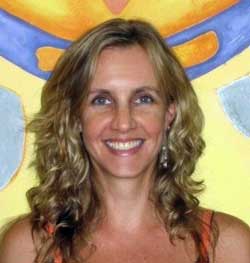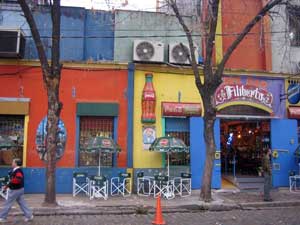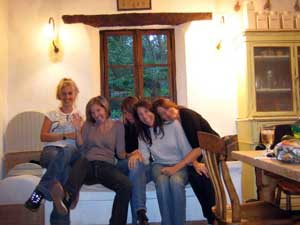What do you believe to be the biggest factor in being a successful company?

Laura: Having a good and happy staff. This means hiring positive, qualified people with a passion for teaching, and then nourishing this passion over time by providing professional development opportunities, supporting continued studies, creating a good work environment, and generally respecting the staff for each person’s unique contributions to the team.
It also means looking for diversity, especially in our situation where languages are what we do: we have a multi-lingual, multi-cultural and multi-generational staff, and we are constantly offering free language classes to our local staff in English, German, French, Brazilian Portuguese and Italian. Costa Rica is the common denominator, but we all learn from each other’s different perspectives.
How have you changed/grown since working for your current company?
Laura: I have learned so much about myself, about managing people in an honest and respectful way, about why integrity is so important, about how to be someone my staff can count on and trust. I’ve learned the importance of rethinking my preconceived notions and how to be more flexible, to have more genuine understanding of other ways of doing things.

I’ve learned how to get outside of my ethnocentric box and understand that there are so many truly valid ways of doing and seeing the same thing, and that no one way of these is “better” than the others, maybe more appropriate in a given cultural context, but not inherently superior.
What language have you always wanted to learn and why?
Laura: German. It’s a challenge. I started because it was the next most common language amongst our students, and I soon realized it was not going to be as easy as I thought! I started ten years or more ago, but have only studied in bits and pieces.
With German, it’s not as easy as French and Spanish, maybe because I started later in life, probably more because I haven’t had a chance to live there. My longest stay was one month, at the end of which I felt the beginnings of comfortable fluency, and I know that if I could stay even just three months, I could get to that conversational place I want to be at.
What does your home-country's culture value that is taught in your program?

Laura: Costa Rica is a collective culture that places emphasis on team-work, respect, helping others over the individual gain, and of course, the more relaxed attitude towards time (which has its good and bad points). I think the most easily perceivable difference for a lot of our students is the open and friendly way people welcome you into their homes and lives.
Costa Ricans on the whole love to chat, get to know you, show you around, and help you out: and that last point, as a foreigner who knows little of the country, is a wonderful quality to discover. People are in general less stressed out than their European and North American counterparts, perhaps because there is still that emphasis on the importance of dedicating time to family and friends.
When you walk down the street in Sámara people say hi all the time even if they don’t know you, and if you’re lost in the middle of San José, whoever you stop to ask for directions might very well end up showing you the way there even if it’s out of their way. Would that ever happen in New York, or Paris?!